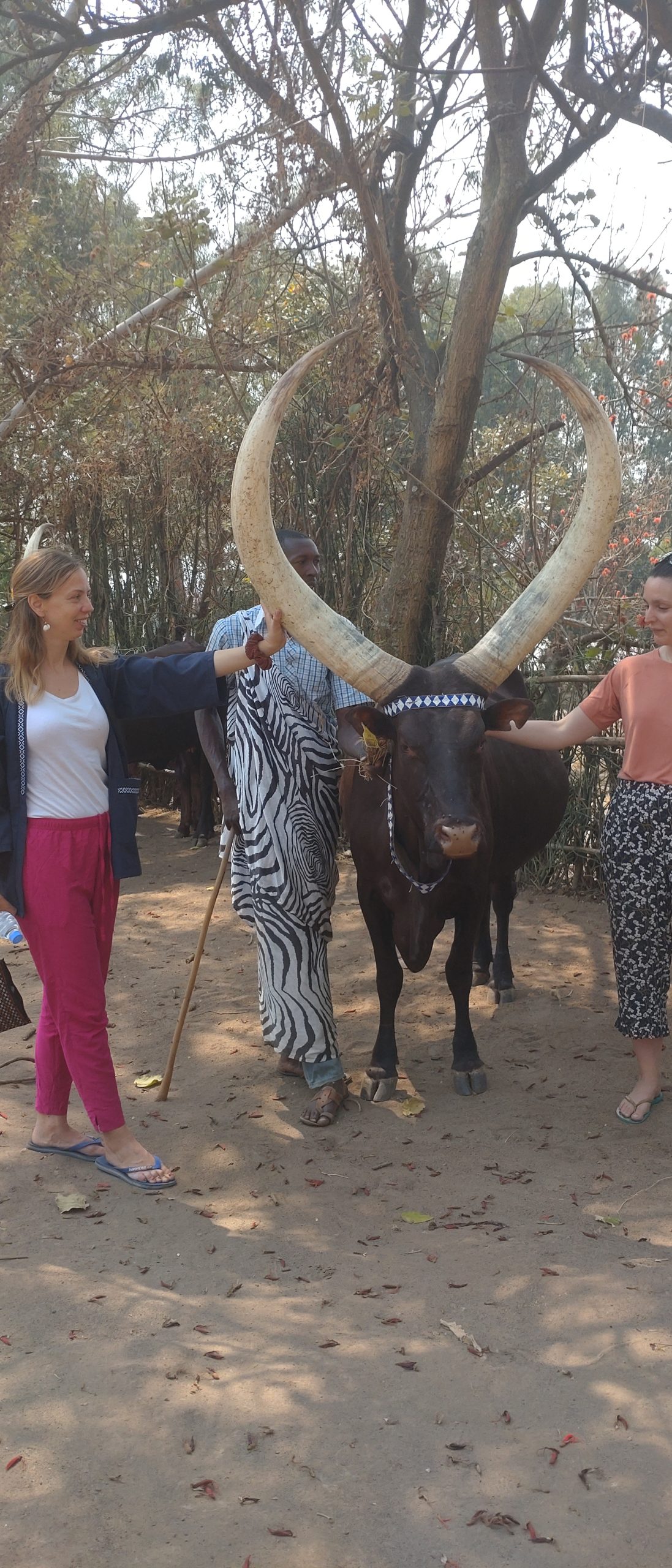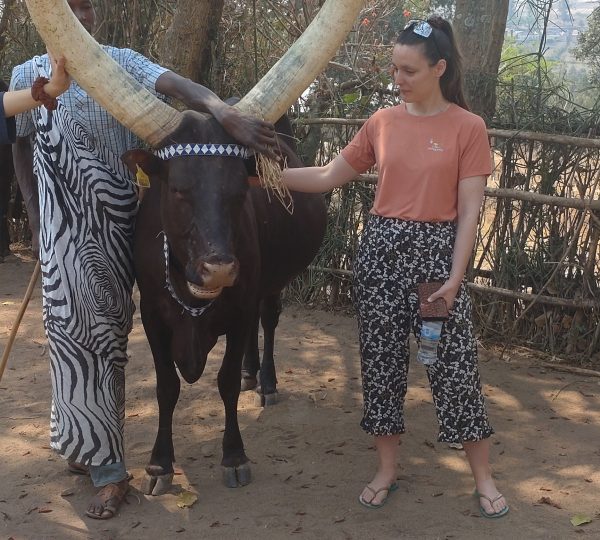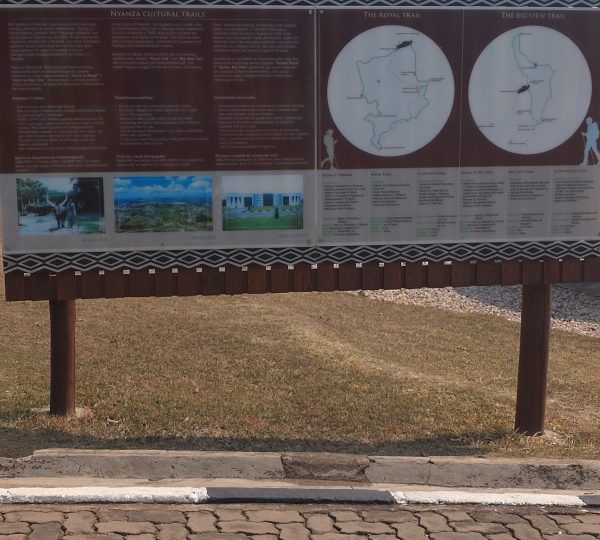
Nyanza- Rwanda’s Royal Soul “Where tradition reigns and the echoes of kings still stir the hills.”
Visit Rwanda Destination Nyanza-Rwanda’s Living Royal Archive
Tucked into the heart of Rwanda’s Southern Province, Nyanza is more than an administrative capital—it is a living collection of the nation’s monarchical past. Once the revered seat of Rwanda’s kings, this vibrant city carries echoes of royal traditions that shaped the country’s identity.
As Rwanda’s eighth-largest city, Nyanza invites travelers to step into history while journeying toward Nyungwe National Park. It’s where cultural immersion bridges centuries-from the grandeur of the King’s Palace Museum and its majestic Inyambo cattle, to the rhythms of daily life that blend heritage with modernity.
Visiting Nyanza is not just a stopover—it’s a chance to walk in the footsteps of kings, experience Rwanda’s regal legacy, and witness how tradition continues to inspire the present.
Explore Africa Through Your Lens
King’s Palace Museum
Step into a regal past at the King’s Palace, a masterfully reconstructed thatched beehive-shaped residence that mirrors the elegance of pre-colonial architecture. Behind the palace graze the majestic Inyambo cattle, descendants of the royal herd. Their keepers sing to them in ancient tradition, preserving a bond between humans and animals that once symbolized royal prestige.

Inyambo-The Pride of the King’s Palace
Ethnographic Museum in Huye —Where Rwanda’s Story Lives On
The museum stands as a vital guardian of Rwanda’s heritage, serving as a window into centuries of tradition and the transformation of society over time. Its exhibits highlight the resilience and creativity of Rwandan communities.
Beyond its galleries, the museum functions as a Center for scholarship, attracting researchers, students, and visitors from across the globe. It provides invaluable resources for those studying African history, anthropology, and art.
Collections & Exhibits -Discover Africa’s Finest Cultural Treasure.
Seven galleries showcasing ethnographic, historical, artistic, and archaeological artifacts. Displays range from intricately woven baskets and ceremonial drums to tools, clothing, and visual aids that contextualize daily life and ritual practices. Each exhibit is thoughtfully paired with interpretive materials, making the museum accessible to both casual visitors and academic audiences.
Widely regarded as one of Africa’s finest ethnographic museums, it has become a cornerstone of Rwanda’s cultural identity and a distinguished source of knowledge about the region.
In short, the Ethnographic Museum in Huye is not just a place to view artifacts — it is a living archive of Rwandan culture, bridging the past with the present and inspiring future generations.
Whether you are a scholar, traveler, or curious soul, the Ethnographic Museum invites you to journey through Rwanda’s past and present—where every object tells a story.
Royal Trail Walks– Where Rwanda’s Past Walks Beside You
Guided paths connecting historical sites and storytelling points. Step into the heart of Rwanda’s royal heritage on the Royal Trail, a 10 km cultural route crafted to European premium standards—yet deeply rooted in local tradition. This exceptional trail offers a compact yet immersive journey through history, culture, and rural life, all woven into the scenic landscapes of Nyanza, the cradle of Rwandan kingship.

Journey Through Tradition, Discover Royal Rwanda.
Encounter a Living Museum Underfoot -the Royal Trail connects Nyanza town to historic sites of Rwandan royalty, including palaces, sacred groves, and community spaces that once echoed with royal ceremonies. Along the way, hikers encounter local artisans, traditional homesteads, and storytelling spots, making each step a dialogue between past and present.
Whether you are a cultural enthusiast, nature lover, or curious traveler, the Royal Trail invites you to walk in the footsteps of kings—and feel the pulse of Rwanda’s soul. Take your time in each gallery—the museum is not just about artifacts, but about stories that connect Rwanda’s past with its present.
Recent Posts
In Bwindi’s mist, every chimpanzee counted in the Census.” Where gorillas and chimps share one wild home
Diani Beach- Adventure begins where the sand meets the sea
Discover Western Uganda Like Never Before
Tags
Quick booking process
+256 782 467457




